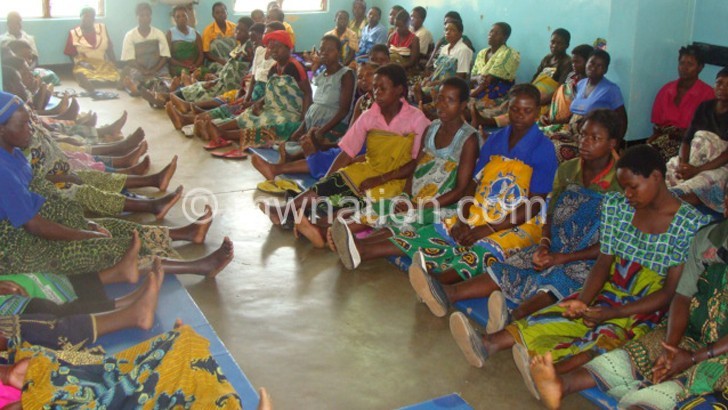Malawi ranks poorly on premature births
Despite efforts to address the current levels of premature births, a recent World Health Organisation (WHO) report has ranked Malawi as the country with the highest rates.
In an interview on Tuesday, Ministry of Health (MoH) director of reproductive health Fanny Kachale confirmed the WHO figures, but said government was working to control the rates through a different intervention.
She said: “Currently, we are at 18 percent, meaning [that] 18 children out of every 100 children are born prematurely. The cause of preterm births is not known, but it is linked to malaria during pregnancy, anaemia and poor diet.”
When asked why Malawi has remained the highest despite introducing the interventions some years back, Kachale said the problem is complicated and linked to several factors, including good and nutritious foods which is currently happening at a slow pace.
“Basically, when we say preterm births we mean the child was born before the normal gestation period which is at least 40 weeks and preterm ranges from before 37 weeks,” she said.
But Parent and Child Health Initiative (Pachi) executive director Charles Makwenda said despite the fact that 75 percent of preterm births can survive, most hospitals lack the capacity to deal with the problem.
He also said the inadequate hospital staff to manage preterm births is another challenge because some births require incubators.
“There is a lot that can be done. First, it is the management of the baby and some preventive measures that should be undertaken once a mother is pregnant to avoid worsening the situation. For example, family planning reduces the chance [of] preterm births, good diet, prenatal care and also antenatal care is very critical,” said Makwenda.
He also said good policies on public smoking are also essential as passive smoking is proven to have effects on unborn babies.
Reads the WHO report in part: “Globally, complications of prematurity, such as difficulty in feeding, breathing and regulating body temperature, are the single largest cause of neonatal death. In order to survive, these babies need specialised care and equipment—resources most developing countries do not have.”
Kangaroo mother care, surfactant and oxygen therapy are all newborn interventions outlined in WHO recommendations on interventions to improve preterm birth outcomes, a new guideline published this year.
Malawi adopted kangaroo mother care some time back and has won several international awards for the initiative.n





